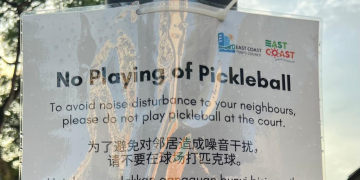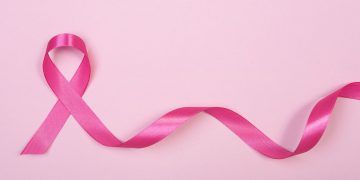Millennials and Generation Zers are redefining spirituality on their own terms, with many turning to New Age spirituality practices such as tarot reading, astrology and crystal healing. TheHomeGround Asia speaks to practitioners and an enthusiast to learn more about what endears them to these practices, what they seek from exploring alternative forms of spirituality, and the common misconceptions surrounding this community.
A spiritual experience in 2012 led 32-year-old Gabriele Goh down the path of astrology. It all started when one of Mr Goh’s friends abruptly left a theatre performance they were attending with other friends, prompting them to search for him, to no avail.
In a bid to find him, Mr Goh roped in three more friends. As spiritual practitioners, they decided to contact an otherworldly entity to guide them in understanding what had happened, and how to locate their missing friend.
“They needed someone to be the vessel of a particular energy,” he explains, and volunteered himself.
In the process, Mr Goh says that he felt his body receiving this said energy and started to have visions. “In my mind the images that came to me looked very cartoon, very strange. I didn’t know what I was seeing, but I just told them what I saw, and my friends understood what they needed to do.”
Using this information, they managed to track down the friend who had seemingly disappeared.
He describes the incident as his personal initiation into the spiritual world, one that left him deeply aware of the existence of other realities: “There’s just this sense of connection that ‘Oh, okay. I am not as alone as I thought I was’,” he shares. “There’s more [to] this world than just this normal, what we can see, do, touch.”
While he had taken an interest in tarot reading as a teenager, his first paid gig was at a bar called Employees Only Singapore.
“I was one of the psychics sitting there, waiting for people to come. That was how I started getting paid, doing readings for people,” he shares.
Having worked as a theatre practitioner and drama educator for over nine years, he decided to explore this burgeoning passion and launched his own spiritual practice, A Third Eye Seer, in 2017. Today, he is a full-time spirituality practitioner (while continuing to teach drama on the side), with services ranging from tarot reading to astrology and crystals.
It was a move that was initially met with apprehension from his mother. But she soon came around after seeing how his work enabled others to gain insights about themselves.
“I explained to her the good that this body of work is doing for people… I am helping people to see themselves better,” he explains. “She sees it as a counselling kind of thing, which is sort of true. There is a counselling aspect to what I do.”
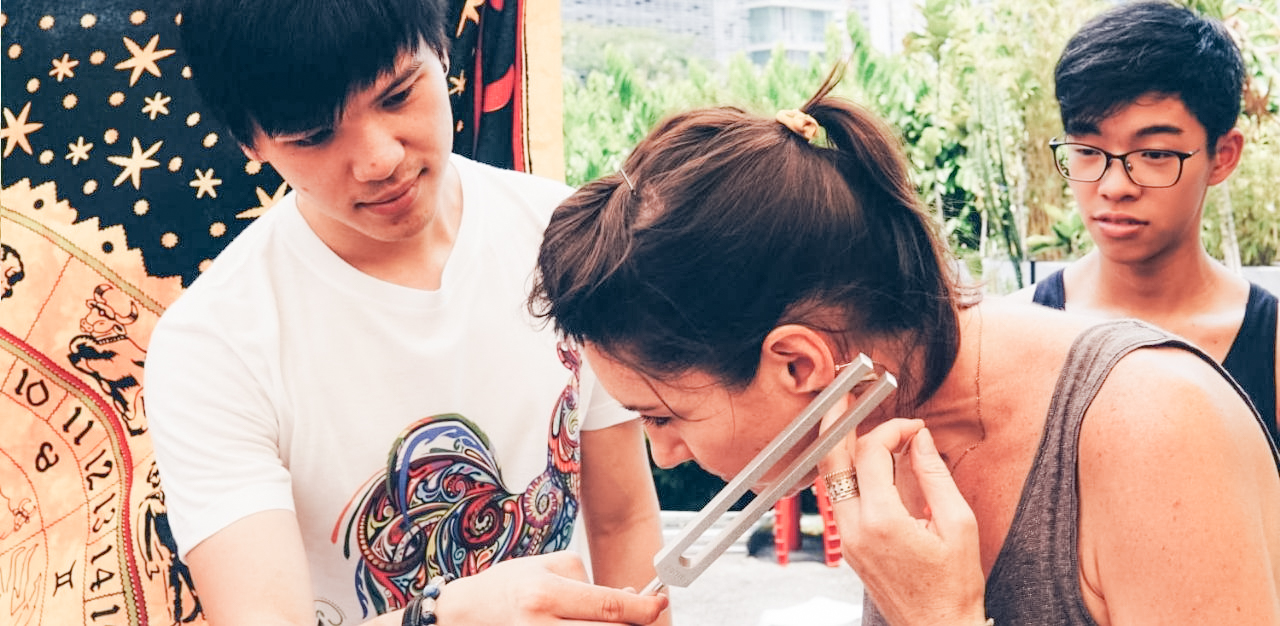
Mr Goh’s experience with spirituality is not unusual. More millennials and Generation Zers are turning to New Age spirituality practices. He notes that about 60 per cent of his client base are millennials, and 10 per cent are from Gen Z.
It is a growing trend that spirituality practitioner Amanda See, who turns 27 this year, has noticed too. Having conducted tarot readings since 2016, she has seen the average age of her customers drop, with those aged between 20 and 35 forming a larger part of her client base.
“There was a huge resurgence [of interest in astrology] in the past two to three years,” she observes, especially last year. She suggests that the spike could be due to a general climate of uncertainty and foreboding since the start of the pandemic, which spurred more people to turn to astrology for answers.
Ms See’s interest in tarot reading was piqued after dabbling with a deck of tarot cards that her friend had purchased at a flea market, in 2011. She started doing readings for herself, and then moved on to friends.
She recalls one experience vividly. “It was a very bad reading and it came true… I said ‘the cards say that a huge change is coming, with some heartbreak, possibly’,” she explains, revealing that the friend she was doing a reading for subsequently broke up with his partner.
Unnerved by the accuracy of the reading, she decided to take a break from tarot reading, only to return to it after five years. Ms See eventually set up an Instagram account, Stranger Moon Tarot, in 2018, as she wanted to conduct readings for people beyond her circle of friends and their acquaintances.
Both Ms See and Mr Goh have also noticed more online discourse surrounding New Age spirituality on platforms such as Instagram and Facebook.
Says Mr Goh: “A lot of the Instagram accounts, Instagram memes, and even the TikTok channels that are astrology-based [tend to be run by] Gen Zs.”
Another trend Mr Goh points to is the increase in the number of pop-up shops selling crystals and crystal bracelets in recent years, which he chalks up to crystal healing being a very “commodifiable” form of spirituality.
“Crystals are a lot more straightforward [compared to other forms of New Age spirituality practices]. Even if you don’t know if it’s working, you can still participate in the New Age trend by buying and wearing [them],” he posits.
He also feels that more people are wearing crystals as a fashion statement but adds that he has also seen a shift in intention for those who wear crystals for healing purposes.
While crystals used to be worn in the hopes of accruing qualities such as luck, financial prosperity and better health, people are beginning to turn to the use of crystals to improve mental and emotional well-being.
Growing interest among Millennials and Gen Zers
Mr Goh attributes the surge in interest in New Age spirituality practices among Millennials and Gen Zers to the need to find an avenue to express their dissent with the status quo.
“New Age spirituality is a rebellion against the established way and mode of working. And young people being interested in this is their way of saying ‘f*** you’ to rules,” he muses. “Of saying that the mainstream narrative is not fully me.”
But he points out that Millennials, like himself, may also have a different attitude towards spirituality compared to people from Gen Z, due to shifting priorities. Millennials straddle the line between wanting to follow conventional definitions of success, and yet be open to alternative forms of spirituality.
“We do want to be part of the dominant narrative, because that’s what success is. But at the same time, we’re also learning that [that] cannot be [all there is],” he explains. “Because if that is the whole of me… it means that I am the same as my parents, my forebears.”
In contrast, he believes that people from Gen Z tend to be less accepting of a dominant narrative owing to cultural factors, such as the exposure to technology from a young age, that influence their attitudes towards authority.
“Because of the influx in technology, of excess information, the idea of power and authority [and] the dominant narrative quickly gets challenged. There’s no pure truth for them… they are more nihilistic,” he says.
Similarly, astrology enthusiast Lim Ying Xuan, 24, attributes the rise in astrology’s popularity to astrology applications, such as Co–Star and The Pattern.
Growing up, she had always maintained a casual interest in astrology but was compelled to find out more about it after a reading she received on The Pattern. It was during her second year at university, and the reading had suggested that she did not have a father figure in her life. Ms Lim was struck by the relevance of the reading, as her father had died when she was five.
“It’s a very specific thing to predict but somehow The Pattern [suggested] that [my] father could have emotionally or physically not been there. So I was kind of surprised at how accurate it could be because that’s not something that you predict for everybody,” she says.
Seeking direction from New Age spirituality practices
Certainty and being grounded are just some of the qualities that people seek to take away from a reading, notes Ms See.
“They’re looking for answers so that they feel less insecure and less scared,” she explains. “Sometimes when people come to me it’s not because they have all the answers. It’s usually because they have very little, or they have a lack of clarity.”
Mr Goh concurs: “Everyone’s looking for happiness, some kind of control that they have in their life; or some kind of certainty.”
The desire to find a direction and purpose is a common theme among the astrology community online, points out Ms Lim.
“I think it’s always been about guidance… That’s one way for a lot of people to figure out who they could be, and who they are meant to be.”
She also wishes that New Age spirituality practices were more widely accepted.
“People have a misconception that astrology is very ‘woo stuff’,” she says, referring to the mystical aspects of astrology. “It’s always seen as non-scientific and superstitious.”
But she acknowledges that there are limits to how she can influence the perception of sceptics.
“People tend to have this scepticism towards it [New Age practices]… You can’t really make people believe in things they don’t want to. If they want to come around, they will. But I don’t think [there’s] anything that I can do,” she concludes.
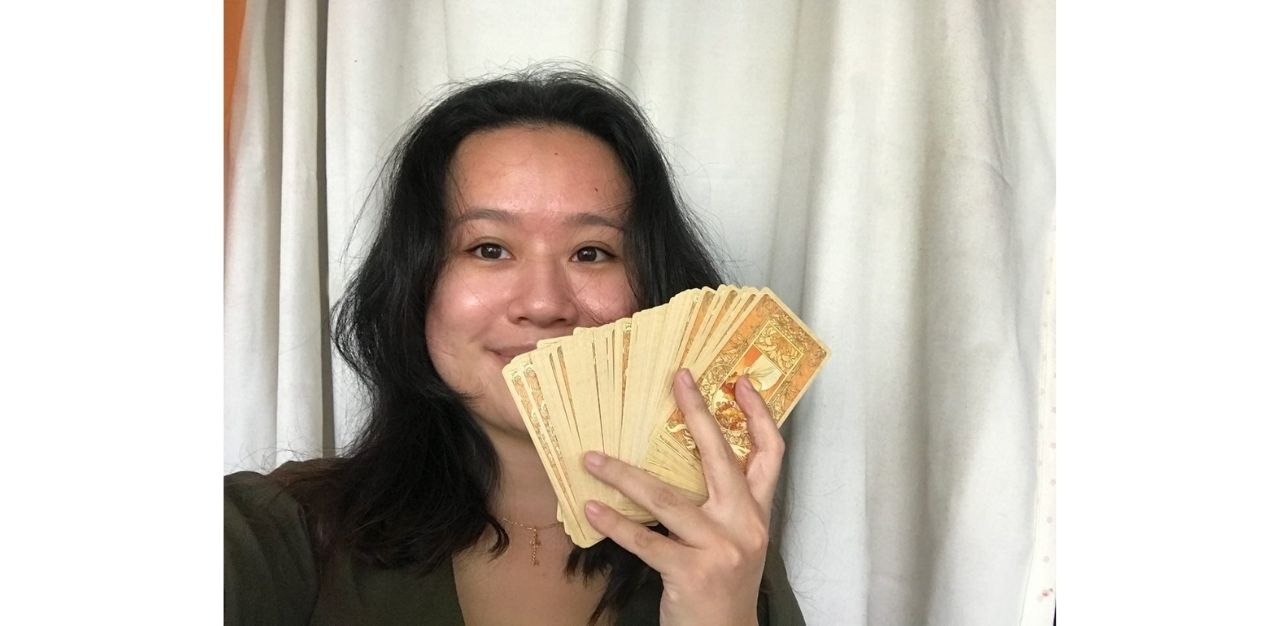
Mr Goh adds that the efforts by sceptics or cynics to challenge him reflects more about their attitudes than of his spiritual practice.
“One of the things I’d ask is, ‘If you are so sceptical and you believe it’s not real, then why do you spend so much time and energy trying to convince me that I’m wrong and you’re right?’,” he says. “It says more about them than it does about this body of work.”
Ms See agrees: “I guess my question to these people is: ‘Why are you seeking advice from me if you’re sceptical?’ That might reveal more about their current psyche too.”
The impact of New Age spirituality practices
Doing readings for others has helped Ms See to delve deeper into herself, and some have left a mark on her life. In one reading for instance, she helped a client to connect with a dead loved one by channelling their loved one’s spirit. While she usually tries not to communicate with spirits, due to the mental and emotional exertion, she made an exception, after establishing some boundaries with the client.
“I basically said ‘I can only channel the messages they have for you – you can’t talk to them. [Also] only positive messages for you to move forward because you’re going through this right now’,” she recalls.
While the session was intensive, Ms See found it deeply fulfilling.
“I had helped someone move forward in their grieving process… That was the most important to me,” she says. “That the person in front of me is benefiting from whatever I was doing for them.”
The incident was pivotal in reshaping her perspective on tarot readings, because she was feeling emotionally drained from conducting readings.
“I figured out that the most important part of tarot, for me, is not about prediction, but about the present,” she explains.
This revelation led her to adopt a more psychological approach to her practice of tarot reading; focussing on how her clients’ pasts, such as their childhood experiences, influence their futures.
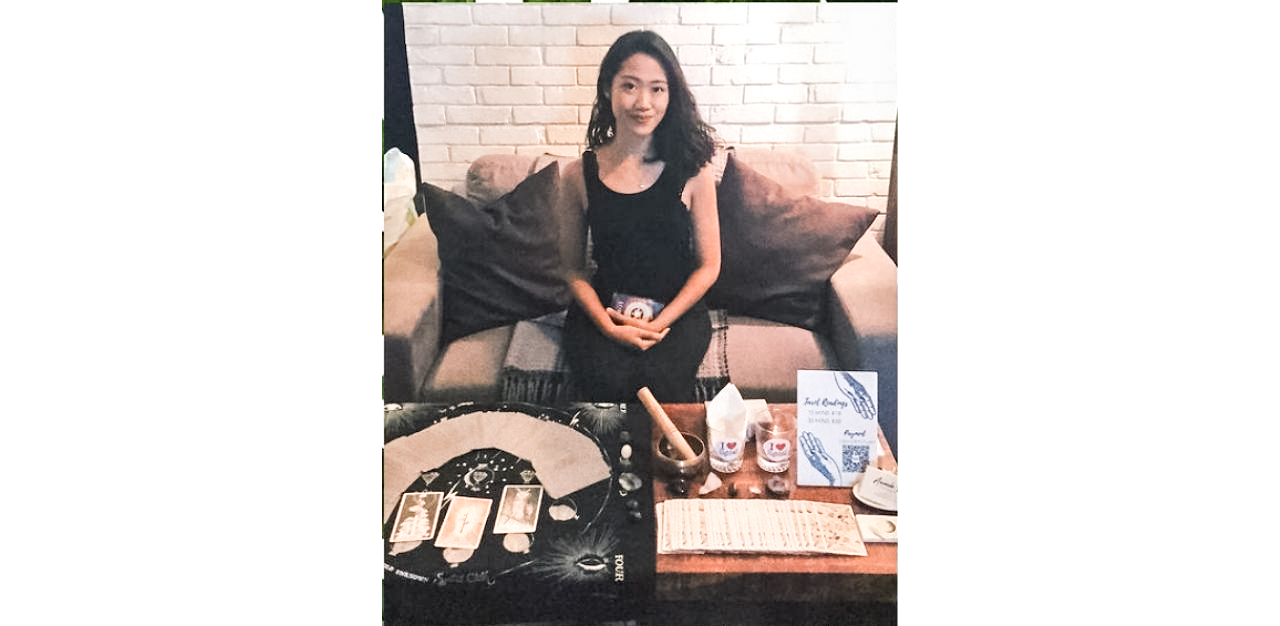
Conducting astrological readings has also left Mr Goh with a deeper understanding of others.
“Humans are inherently very complex,” he says. “What I learned about this body of work is that it allows me to be more compassionate to people.”
His roots as a theatre practitioner have also taught him to look beyond the surface and at deeper, underlying concerns for his clients’ behaviour. Take laziness: “People say, ‘Oh, I’m so lazy.’ And what I have learned is that people are not lazy, laziness is a judgement that they have on themselves. It’s always that they’re always procrastinating because there’s a stress response. It’s always something deeper.”
On a personal level, Ms See also uses both tarot and astrology to inform her own decisions and how she interacts with others: “If I really need a quick answer to something, then I will look at [a tarot reading]. Astrology is more for if I want to understand someone better… [I will] use it as a tool to understand some of the[ir] pitfalls, and to talk to them about some of the issues they may be facing.”
Ms Lim regards astrology as a tool that defines her.
“Just in the same way you would describe yourself, like ‘I like going to the gym. I like to cook, I like to bake’, I like to define myself against spiritual terms. It’s not very much different,” she remarks.
Her exposure to astrology has also altered the way she approaches interpersonal relationships: “It’s made me become a bit more picky about who I hang out with. It’s a bit stereotypical, but if I know that there are people who have a certain sign then I know that they are going to act a certain way.”
The future of astrology in Singapore
While the community for New Age spirituality in Singapore is currently relatively small, Mr Goh believes that it will continue to expand.
“The world is going to move towards more alternative ways of being, of living. It will not be the same anymore. And astrology is going to be part of this conversation,” he opines. “I’m quite optimistic about this.”
But finding room for astrology to grow locally will be difficult, as he reckons that people in Singapore are cautious about exploring New Age spirituality practices.
“The thing about spirituality is it’s holistic, very in the body… Very intangible. It is very much away from the dominant narrative in Singapore, which is tangible, rational, rule-abiding,” he says.
“To be in the spiritual mode is to accept uncertainty. It is to go beyond what we can see, hear, feel, touch and measure, and this is very difficult because that’s not how we [Singaporeans] are taught to function.”
Ms Lim thinks that astrology will become normalised in the future, albeit never a mainstream practice.
“It will still remain a very casual thing. It won’t be a huge cultural factor, but it’s never been… even though people are more open… There [are] a lot of astrology alternatives that already exist,” she says, adding that the practice of Feng Shui is one such option.
Ultimately, Ms See wants New Age spirituality to unify people by creating a common ground to bond.
“What I’m hoping to see is that people will get into it, talk to each other about it, learn together and to really connect with each other,” she says.
“I want people to feel more empowered with the knowledge.”
Join the conversations on TheHomeGround Asia’s Facebook and Instagram, and get the latest updates via Telegram.




